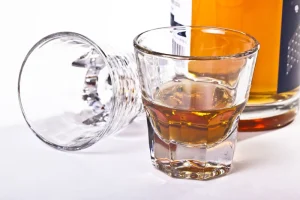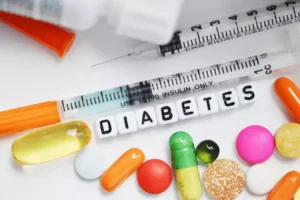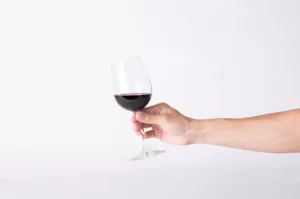
Finally, just because you’ve gotten past the withdrawal phase doesn’t mean you won’t continue to face psychological aspects of addiction—including alcohol cravings and drinking triggers. If you’ve decided to taper off alcohol, you’ll need to be prepared with some strategies to make the process easier. You’ll likely face the urge to drink more than you’ve planned each day, but there are some good tricks to help you delay that next serving and keep yourself honest. When Ativan binds to GABA receptors, it makes it easier for GABA to bind to these receptors. By making it easier for GABA to attach to its receptors, Ativan increases GABA activity and calms your nervous system.
How To Detox from Alcohol Safely
By opening up about your relationship with alcohol, you might also encourage others to explore their own drinking habits. But maybe you’re unsure about quitting completely and don’t want to hold yourself to that goal. A sober life doesn’t have to mean more time at home as you try to block out triggers.

Set a date (and stick to it)
Tapering gradually lowers the amount of alcohol that you use over time. This lessens the severity of withdrawal symptoms, as there is not an abrupt or dramatic change. Tapering will normally create less severe alcohol withdrawal symptoms but will spread them out over a prolonged period. Essentially, tapering how to taper off alcohol provides less intense withdrawal symptoms but over a longer amount of time. Alcohol dependence and addiction are serious medical conditions. Minor symptoms of alcohol withdrawal can be overcome with rest and at-home remedies, and it is possible for some people to taper off alcohol without supervision.

Gradual Reduction Method
Tapering off alcohol may complicate other medical conditions or co-occurring mental health disorders. If you’re unable to reduce how much you drink, you may have a disease called alcoholism that requires professional addiction treatment. Alcohol rehab helps you taper off alcohol, and it treats other side effects and causes of alcoholism. Depending on how much you drink, tapering off alcohol can take one to several weeks.

Of course, for people with advanced alcohol addiction, even one drink might be too much of a risk. But anti-craving medications like naltrexone are starting to change this, by blocking the endorphin rush from alcohol and helping rewire a person’s reward system. The result is that moderate drinking really is an option for some people. Fortunately, there are many other ways to quit drinking alcohol.
How Long Does Tapering Off Alcohol Take?
- You might reach for alcohol when you’re really just thirsty, says Crews.
- Sunshine Behavioral Health strives to help people who are facing substance abuse, addiction, mental health disorders, or a combination of these conditions.
- Finally, there are a range of online support communities, including SoberGrid and Daybreak, that can give you allyship along your journey.
- It becomes easy to talk yourself into drinking more, breaking your promise to yourself.
With that being said, tapering is a lot safer than going cold turkey. Although going cold turkey on opioids is dangerous and can cause significant withdrawal symptoms, quitting alcohol cold turkey can be fatal. It can be tempting to just “rip off the Band-Aid” when getting sober, but tapering off alcohol is often much safer—and much less stressful.
- It may adapt by producing more excitatory chemicals and fewer of its native inhibitory chemicals.
- It is important in curbing the effects of anxiety and vigilance when it’s time for you to get some rest.
- It does this by providing compassionate care and evidence-based content that addresses health, treatment, and recovery.
